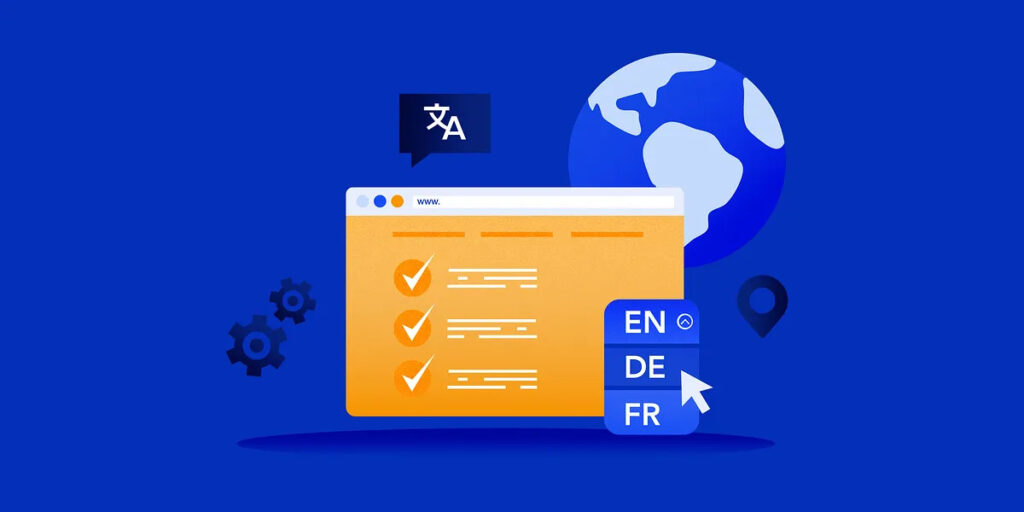How To Translate A Website And Draw Visitors From Around The World

The internet has opened up a world of possibilities for businesses, allowing them to reach customers around the world. However, if you want to grow your global customer base, you need to ensure your website is accessible to all. One of the most effective ways to do this is to translate your website into different languages.
Translating a website into multiple languages can seem like a daunting task, but it doesn’t have to be. Here are some ideas to simplify things:
Table of Contents
Choose the Right Languages
The first step is to decide which languages you want to translate your website into. Consider the demographics of your target audience and which languages they are likely to speak. It’s also a good idea to research what languages are most popular in the countries where you want to expand your customer base.
Find a Professional Translator
Once you’ve chosen the languages you want to use, the next step is to find a professional translator who is experienced in translating websites. Look for someone who has a good understanding of the culture and language of the country you’re targeting, as this will ensure your website is accurately translated.
Test Your Translations
Before publishing your website, it’s important to test the translations to make sure they are error-free and accurate. If possible, ask a native speaker in the target language to review the translations and provide feedback. This will help to ensure your website is ready for international audiences.
Optimize for Search Engines
When translate your website, it’s also important to optimize it for search engines. This means making sure you use the right keywords and phrases in each language. This will help to ensure your website is easy to find when people search for products or services in the target language.
Monitor Your Results
It’s important to monitor the performance of your translated website. Keep an eye on your website analytics to see how many people are visiting from different countries and what they are doing while they are there. This will help you to identify any areas that need improvement and ensure your website is as effective as possible.
Translating your website into different languages can be a great way to attract customers from around the world. By following these tips, you can ensure your website is ready for a global audience, helping to take your business to the next level.
Legal translation play an important role in the modern legal system. They provide a vital service to attorneys, courts, and other legal professionals by translating legal documents and other materials from one language to another.
Legal translators must possess a wide range of skills in order to accurately and effectively translate legal documents. They must be able to read and understand the legal language of the document, as well as the cultural contexts of both languages. They must also be able to recognize nuances in language and convey the full meaning of each term to the intended audience.
In addition to language skills, legal translators must also have a strong understanding of legal terminology and concepts. They must be familiar with the legal systems of both countries, as well as the laws and regulations that govern them. This knowledge allows them to accurately document translation services while preserving the intended meaning.
Legal translators must also be able to research and analyze complex legal issues. This requires them to stay up-to-date with developments in the legal field, as well as to be able to quickly research and understand new legal issues.
Conclusion
Finally, legal translators must be ethical and professional. They must maintain the highest level of integrity and accuracy in their work, and must adhere to strict confidentiality policies.
Legal translators are essential to the modern legal system. They provide a vital service to attorneys, courts, and other legal professionals by accurately and effectively translating legal documents and other materials. This helps ensure that the intended meaning is preserved, and that all parties involved are able to understand the legal matters at hand.









